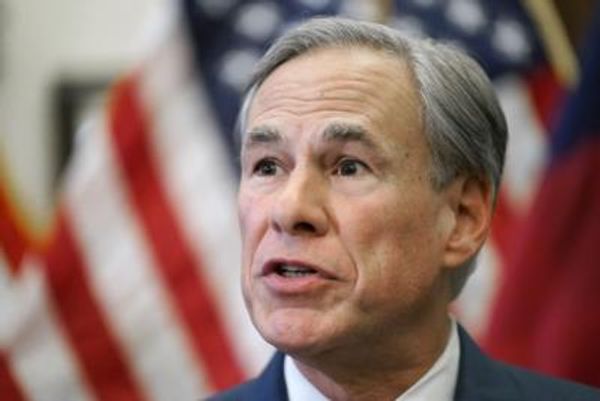Federal Reserve Chairman Jerome Powell said Friday that U.S. economy is likely to need higher rates, for a longer period of time, in order to tame the fastest domestic inflation in forty years.
Speaking as part of a keynote address to the Kansas City Fed's annual central banking symposium in Jackson Hole, Wyoming, Powell said higher rates would likely lead to weaker near-term growth and softer conditions in the job market, describing it as the "unfortunate costs of reducing inflation."
"We must keep at it until the job is done," Powell said of the Fed's inflation fight. "History shows that the employment costs of bringing down inflation are likely to increase with delay."
However, he also said that "at some point, as the stance of monetary policy tightens further, it likely will become appropriate to slow the pace of increases.'
U.S. stocks reversed earlier gains in the wake of Powell's remarks, with the Dow Jones Industrial Average falling 525 points in late morning trading while the S&P 500 slumped 92 points to give back all its gains for the week.
Powell did reference the first month-on-month decline in the Fed's preferred inflation gauge, the PCE Price Index, recorded in July, but said that "a single month's improvement falls far short of what the Committee will need to see before we are confident that inflation is moving down."
The U.S. dollar index, which tracks the greenback against a basket of six global currencies, was marked 0.6% lower following Powell's speech at 107.786.
Powell added that another "unusually large" rate hike might be appropriate in September, but noted that no decision has been taken and the size of the move "will depend on the totality of the incoming data and the evolving outlook."
The CME Group's FedWatch tool suggests a 54.5% chance of a 75 basis point rate hike next month, down from around 64.5% prior to the PCE data release and Powell's Jackson Hole remarks.
Benchmark 2-year note yields, however, jumped 4 basis points higher to 2.411%, suggesting something of a disconnect between interest rate futures and bond markets. Benchmark 10-year notes fell to 3.04% amid Powell's concern for near-term growth.
"If there is a conflict in the Fed’s two mandates as they work to slow inflation, Powell ranks price stability head and shoulders above maximum employment," said Jeff Klingelhofer, co-head of investments at Santa Fe, New Mexico-based Thornburg Investment Management.
"Powell threw cold water on the market’s belief that the Fed will move to marginally restrictive policy and then pause," he added. "The Fed will not rest until they gain significant confidence that inflation is on a clear path back toward 2%, and at this time they’re telling us this isn’t the case."







